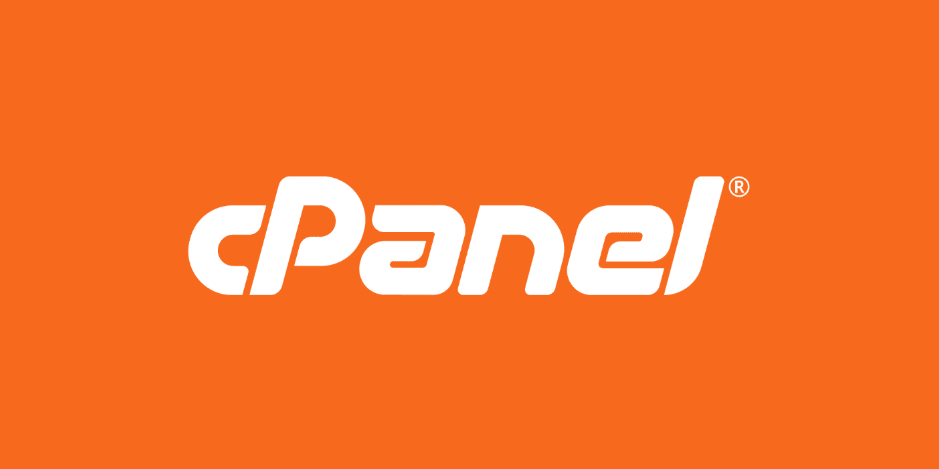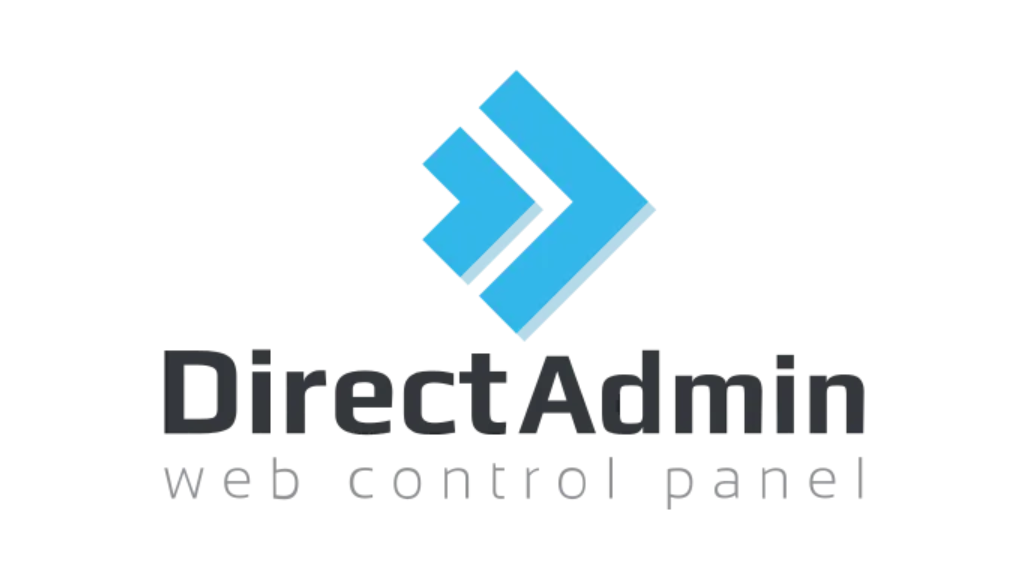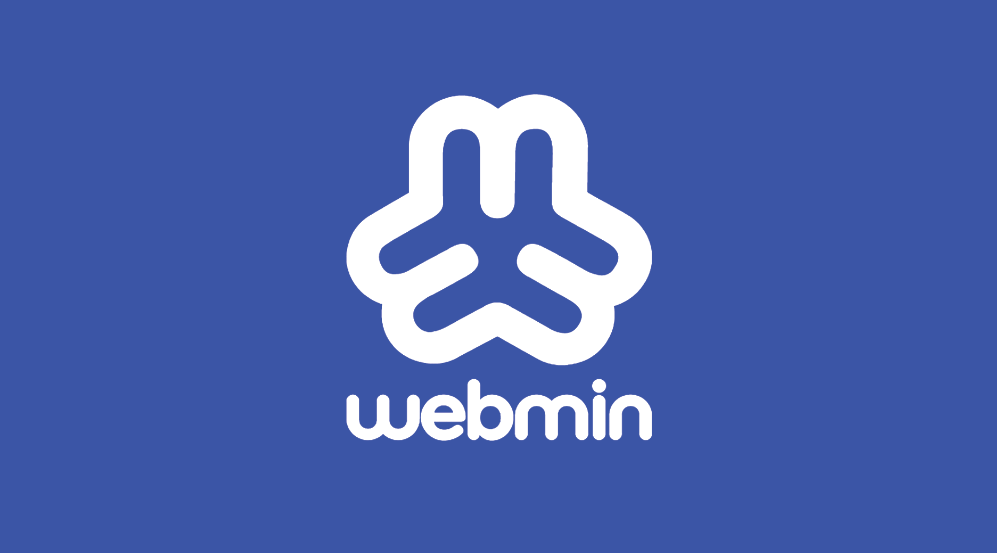When it comes to hosting control panels, the options can seem overwhelming. With so many choices available, how do you choose the perfect one for your needs? In this comprehensive guide, we will break down the key features of five popular hosting control panels: cPanel, Plesk, DirectAdmin, Webmin, and ISPConfig. By the end of this comparison, you will have a better understanding of which control panel is right for you.
Understanding What Hosting Control Panels Do
Hosting control panels are the fundamental tools of web hosting accounts that reduce many duties necessary for website and server administration. Such qualitative WWW interfaces are desirable for those, who seek easy handling of activities and tasks, starting from the initiation of websites, generation of e-mail boxes, database management, and execution of applications.
Further, they provide crucial quantitative analysis on various aspects of the servers; therefore the users can keep optimal web hosting circumstances. Thus, hosting control panels help simplify the overall management of the web hosting details since they provide a single interface for most administrative tasks, allowing for effective personal web page management regardless of the user’s professional level of knowledge. Still, these panels allow users to administer the aspect of web hosting without extending their direct interaction with different aspects of server management, thereby letting users focus most of their time on content development.
cPanel: The Industry Standard
cPanel has been one of the pioneers and most important parts of web hosting realms, mainly due to the richness of functionalities and intuitive interface. I like that we have an enormous number of options for configuration: for both beginners and experienced web admins. This makes it easy to manage the website files, as well as the creation of accounts necessary for e-mail and the installation of applications hence immerging itself as an ideal web host.
They also note that because hosting providers use it, it is commonly used in the market, thus making it stand out. The creator of cPanel mentioned that users like it because it provides a middle ground that allows more experienced users to configure every single property of the systems while providing more ordinary and easily understandable graphical interfaces for less experienced users.
Such symbiosis of power and simplicity has not only allowed cPanel to become one of the brightest representatives of hosting control panels but also stay the most popular solution that could satisfy the needs of different ranges of hosting services. Furthermore, the latest developments and backup from the cPanel society increase its stability and protection, making it the standard in the industry.
Exploring Plesk: Versatility Across Platforms
The regularity of a hosting control panel differentiates Plesk from its numerous competitors since the panel is operative across operating systems. This is a very flexible platform that can accommodate both Windows and Linux-based hosting solutions and many other options for its users. The peculiarity of interfacing the Plesk is borrowed from this virtue, as it has been developed by ushering in an unambiguous layout that makes it easy for even weekend web administrators to maneuver within the site.
This is supported by the fact that the program has a very logical and rigid organization that will take the user through operations that are related to website and server management and then offer a step-by-step process to perform the task rather than provide a bloated amount of related options. Customization applies not only to Plesk’s interface but also to the various built-in features for the automated server administration, security management, and performance optimization of the websites hosted on the server.
Furthermore, it supports the extension with significant cloud services, which is useful if you want to take advantage of cloud solutions. It is evident from the WordPress Toolkit that the company focuses on providing the management solution for WordPress sites and the required security aspects at a go. With Plesk, users gain a control panel that not only spans across platforms but also enhances the web hosting experience through its thoughtful design and powerful functionality.
DirectAdmin: The Lightweight Contender
DirectAdmin carves its niche in the web hosting control panel market through its streamlined approach, focusing on delivering efficiency and simplicity to users. Unlike its more feature-rich counterparts, DirectAdmin offers a straightforward, no-frills interface that prioritizes functionality over complexity. This makes it an ideal choice for those new to web hosting or professionals who value speed and ease of use in their workflow.
Its performance is notably swift due to its lean design, which minimizes the drain on server resources—a critical consideration for hosting multiple sites on limited infrastructure. Numerous users of DirectAdmin love the redesigned interface with rather simple yet effective navigation, supplying the most useful instruments for web and server administration.
The anti-complexity attitude reaches the panel’s configuration, making it easier for the typical user without much of an IT background. Furthermore, it is relatively affordable in comparison to other control panel vendors, which is why it is the right choice for small businesses, persons, and individuals. Thus, DirectAdmin proves the rule that less is more, providing a capable and efficient toolkit to those who do not like the host control panel’s complexity.
Webmin: The Open-Source Alternative
Mentioned above are the solutions; however, Webmin remains a unique solution within the hosting control panels since it is based on an open-source platform, which generally implies high levels of adjustability to suit the specific requirements of Linux server management. Thus, it differs from traditional panels by providing an extensive list of tools specifically aimed at advanced users who can customize and fine-tune the server’s work.
Such administrative activities as the modification of the file system, the management of running services, the creation of cron jobs, and the configuration of the network are achieved through Webmin. It has a programmable structure that allows new functionalities to be built into the system using plugins, making it mighty in its versatility.
Thirdly, the nature of Webmin development initiated and sustained by the users means that his program is continuously updated with improved features and security proposed by the community of users. As complex as this tool may be, Webmin gives the audience a priceless instrument that offers server administrative processes that specific personnel with technical intensity can manipulate and even modify without having to deal with licensing fees as observed with other firms. This aspect makes Webmin especially interesting for system administrators and tech geeks who would appreciate a simple, free-of-charge control panel that can be given heavy modifications for one’s preferences.
ISPConfig: Managing Multiple Servers with Ease
ISPConfig shines in the hosting control panel space by offering unparalleled efficiency in managing multiple servers through a unified interface. Geared toward users with more complex hosting arrangements, ISPConfig facilitates a streamlined management process for various websites or servers, eliminating the need for separate control panels for each server.
The feature set is sufficiently diverse and comprises monitoring facilities allowing the tracking of the server’s status and activity, basic and enhanced backup facilities ensuring data safety, and integrated security options fighting threats on the network. This factor puts ISPConfig ahead of the competition of similar controlling panels since it easily scales and is perfect for growing businesses and IT personnel administering large Web hosting environments.
Hence, the services offered by the panel include web, mail, and DNS services management and that is why this makes it the one and most versatile service provider of so many server-related services. The other strength that comes with ISPConfig is that the tool is open source which implies that users interested in making the management of servers as effective as possible support the development of the tool. Based on the multi-server management capability, comprehensive toolset, and scalability, ISPConfig seems to be the best fit for managing multiple hosting environments on an efficient level.
Feature Comparison: A Side-By-Side Look
In our journey to simplify the choice of hosting control panels, we present a concise comparison highlighting their distinct advantages and suitability for different hosting needs:
- **cPanel**: Praised for its user-friendliness, cPanel excels with a comprehensive feature set. It’s a favorite for its reliability and intuitive interface, making it the preferred option for both beginners and seasoned professionals.
- **Plesk**: Stands out for its cross-platform compatibility, supporting both Windows and Linux environments. It’s recognized for its streamlined interface and robust security features, including the WordPress Toolkit, appealing to a broad user base.
- **DirectAdmin**: Known for its speed and efficiency, DirectAdmin offers a lightweight solution that’s easy on server resources. Its simplicity and cost-effectiveness make it attractive for individuals and small businesses seeking straightforward web hosting management.
- **Webmin**: Offers unparalleled customization through its open-source nature, targeting advanced users who need detailed control over Linux server configurations. Its modular design allows for extensive flexibility through plugins and extensions.
- **ISPConfig**: Ideal for managing multiple servers, ISPConfig simplifies complex configurations with its comprehensive monitoring and security tools. Its scalability and support for various server services make it a go-to for growing businesses and IT professionals.
This overview underscores each panel’s unique strengths and intended user base, laying the groundwork for a well-informed selection process.
Making Your Decision: Factors to Consider
Selecting the optimal hosting control panel requires thoughtful consideration of various elements unique to your situation. Evaluate the specific functionalities you find indispensable for your web hosting endeavors. Technical proficiency plays a crucial role; beginners may prioritize ease of use, while those with more experience might seek advanced customization options.
The operating system of your server—whether Windows, Linux, or both—can also influence your choice, as some control panels offer broader OS compatibility than others. Cost is another consideration depending on the business or the individual needs of a person who intends to use it depending on the amount of money he/she has to spare.
Also, think about the possibility of expansion because with the constantly evolving needs of the platform, choosing another control panel could prove to be inconvenient in the long run. Thus, understanding these aspects will allow you to make a wise choice, and select the optimal option given the current needs and prospects.





